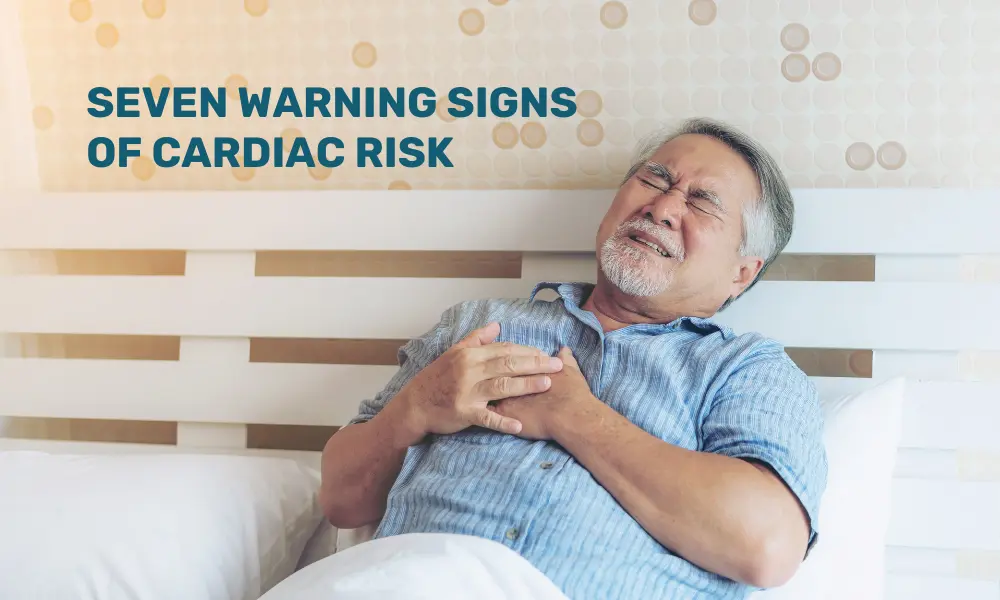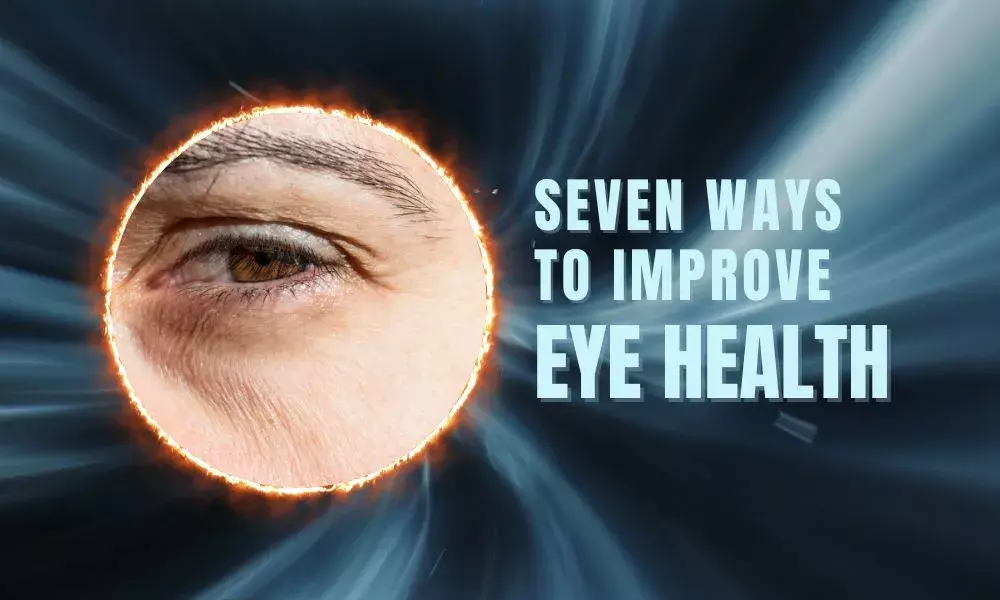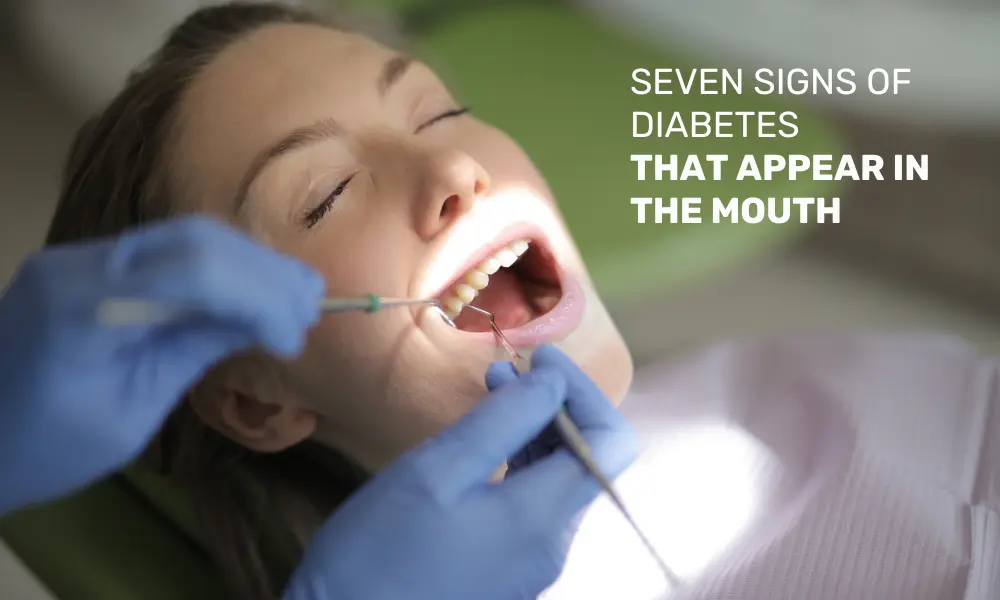Warning signs of heart attack can be subtle and easily mistaken for other ailments. With the death rate due to cardiac risk increasing, one must understand the key indicators of heart disease or attack. The warning signs may include chest pain or discomfort, shortness of breath, pain radiating to the arm, jaw, or back, dizziness, nausea, unusual fatigue, and cold sweats. These signs should be taken seriously. In women, symptoms can be atypical, including nausea, vomiting, and indigestion.
Warning Signs of a Heart Attack That One Shouldn’t Ignore
-
Dizziness and Fatigue: Feeling faint or dizzy, especially during exertion, can be a warning sign. Feeling unusually tired, even without exertion, can be a sign of a heart problem.
-
Swelling in the Legs, Ankles, or Feet: This can be a sign of heart failure and fluid retention.
-
Pain Radiating to Other Areas: Pain in the arm, jaw, back, or neck, especially when accompanied by chest pain, is a strong indicator.
-
Chest Pain or Discomfort can manifest as pressure, squeezing, or aching and may radiate to other areas.
-
Nausea, Vomiting, and Indigestion: These symptoms, particularly when accompanied by chest pain or discomfort, should not be ignored.
-
Shortness of Breath may be experienced with or without chest pain and may be accompanied by dizziness.
-
Cold Sweats and Palpitation: Sudden, excessive sweating, especially when accompanied by other symptoms, is a cause for concern.
If an individual experiences any of these symptoms, especially if they are severe or persistent, they should seek immediate medical attention. It is crucial to remember that heart attacks dose not always present with dramatic symptoms, and early diagnosis and treatment are vital for minimizing damage to the heart.
Stress does not knock and leave; it lingers. In today’s fast-paced world, from tight work deadlines and rising bills to endless social media alerts and traffic-packed commutes, stress has become a constant companion for many. It is no longer just an emotional burden. What many do not realise is that chronic stress quietly chips away at heart health, increasing risks in ways that are not immediately visible.
How chronic stress silently affects your heart health
When stress has become an integral part of everyday life, the body remains in a state of constant alertness. Hormones like cortisol and adrenaline, which are meant to help in emergencies, remain elevated longer than they should, pushing the heart into overdrive. The heartbeat fastens, blood pressure rises, and inflammation quietly builds up inside the blood vessels. If left unchecked or ignored, this state becomes harmful not just emotionally but also physically.
Importance of lifestyle habits
However, taking care of the heart does not require big sacrifices, but in reality, it begins with simple, conscious choices. Eating a fresh and balanced diet, engaging in at least 30 minutes of daily physical activity, maintaining a regular sleep cycle, and taking short breaks from digital screens can work wonders for individuals, helping to reset both body and mind. Also, incorporating practices in your everyday life like yoga, deep breathing, or even brief walks during work breaks can significantly reduce stress levels and support cardiovascular health.
Also, waiting for chest pain or breathlessness before seeing a cardiologist is a mistake many individuals regret. Routine heart check-ups, even in the absence of symptoms, are a form of self-respect. For those living with conditions like diabetes, high blood pressure, or high cholesterol, these annual screenings become even more important. Simple tests like an ECG, lipid profile, or treadmill test can offer valuable insights into cardiovascular function. Early signals, if diagnosed in time, can help prevent serious concerns later.
Preventive care over panic
The heart often sends quiet signals before it shouts. Skipping that regular health check or ignoring mild chest discomfort may seem harmless but can have major consequences in the long run. Awareness and early detection remain the strongest allies in the fight against heart disease.
In a world that races ahead, slowing down is a life-saving habit. A heart that is cared for early offers not just longevity but a better quality of life. Balance is not a luxury; it is a necessity. When it comes to cardiovascular health, prevention is always better than cure, it is the only thing we can fully control. To consult a specialist, CLICK HERE!
Disclaimer: This article is meant for informational purposes only and must not be considered a substitute for professional advice.





